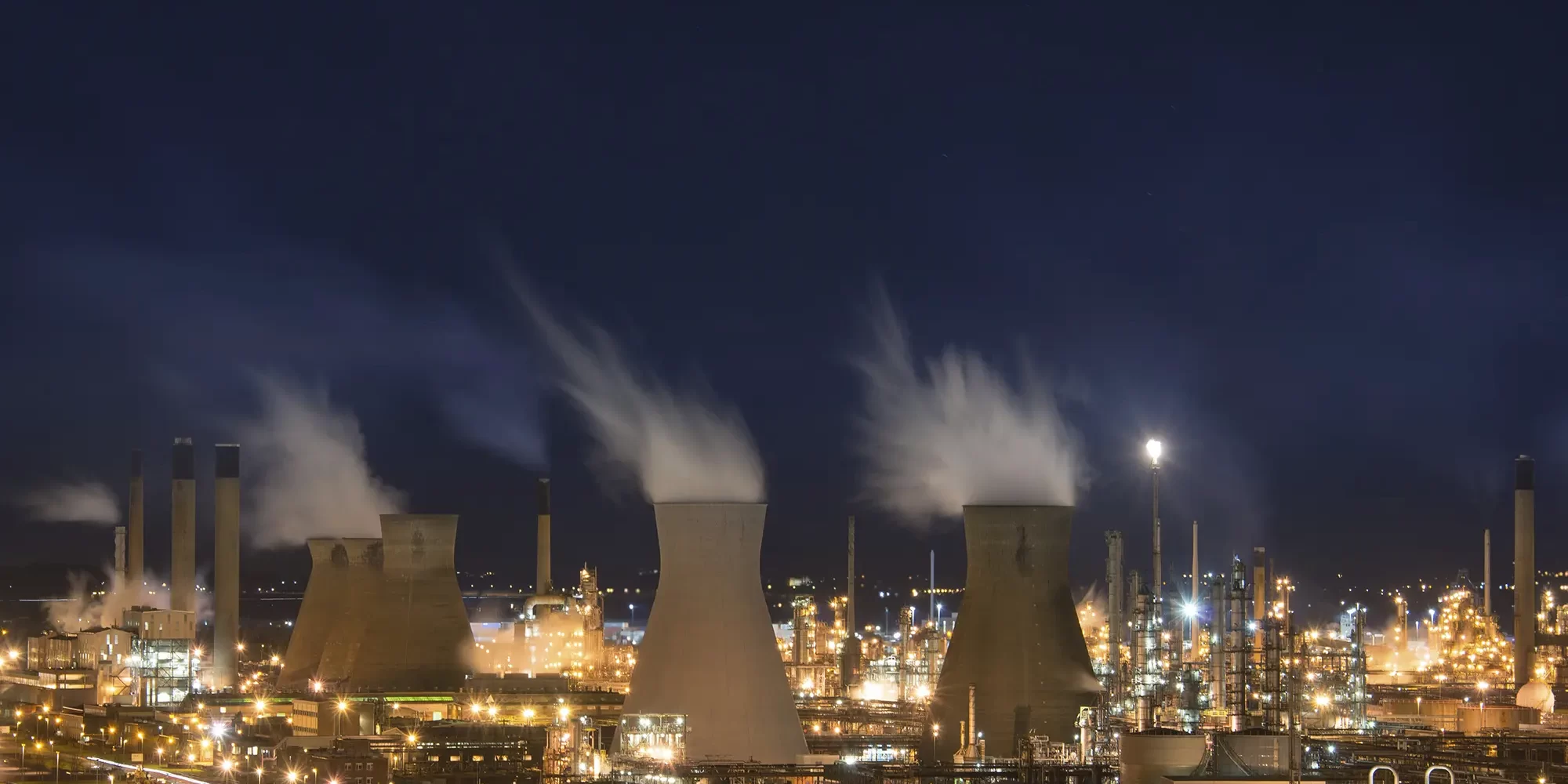With a focus on sustainability and operational efficiency, water conservation in cooling towers plays a pivotal role within industrial settings.
Cooling towers, essential for removing heat from various processes and conditioning environments, consume significant amounts of water.
Efficient water management in these systems is not only environmentally beneficial but also economically advantageous, reducing overall water usage and associated costs.
Challenges in Cooling Tower Water Conservation
 One of the primary challenges in cooling tower operations is the need to maintain system efficiency while minimising water consumption. Cooling towers lose water primarily through evaporation, drift (water droplets carried away by air), and blowdown (discharge of water to remove minerals and contaminants). Managing these losses effectively poses several challenges:
One of the primary challenges in cooling tower operations is the need to maintain system efficiency while minimising water consumption. Cooling towers lose water primarily through evaporation, drift (water droplets carried away by air), and blowdown (discharge of water to remove minerals and contaminants). Managing these losses effectively poses several challenges:
- Scaling: Accumulation of minerals can lead to scaling on equipment, reducing efficiency and increasing energy consumption.
- Corrosion: Corrosive processes can damage system components, leading to leaks and increased water usage.
- Microbial Growth: The warm waters of cooling towers are ideal for microbial growth, including harmful bacteria like Legionella, which can pose health risks and system inefficiencies.
Sustainable Practices for Water Management
To combat these challenges, several best practices are recommended for cooling tower water conservation:
- Regular Maintenance: Ensuring cooling towers and associated equipment are regularly cleaned and maintained to prevent inefficiencies.
- Water Treatment Programs: Implementing effective water treatment to control scaling, corrosion, and microbial growth.
- Cycles of Concentration: Increasing the cycles of concentration can significantly reduce water discharge and makeup water requirements by allowing water to be used more efficiently.
The Role of Chlorine Dioxide in Cooling Towers
 Chlorine Dioxide (ClO2) has emerged as a highly effective solution for water treatment in cooling towers. Its properties make it ideal for addressing the core challenges associated with water conservation:
Chlorine Dioxide (ClO2) has emerged as a highly effective solution for water treatment in cooling towers. Its properties make it ideal for addressing the core challenges associated with water conservation:
- Powerful Biocidal Properties: ClO2 effectively controls microbial growth, preventing biofilm formation which can lead to scaling and corrosion.
- Prevention of Scaling and Corrosion: By controlling microbial populations and the chemistry of the water, ClO2 helps to prevent the conditions that lead to scaling and corrosion.
- Operational Efficiency: With its ability to operate effectively across a wide range of pH levels and temperatures, ClO2 maintains cooling tower efficiency, ensuring that systems operate optimally with minimal water waste.
Scotmas’s Contribution to Water Conservation
Scotmas offers advanced Chlorine Dioxide solutions tailored to the unique needs of cooling tower water treatment. Our ClO2 systems are designed to optimise water usage, enhance system longevity, and reduce environmental impact. By integrating Scotmas’s ClO2 solutions, businesses can achieve more sustainable cooling tower operations, aligning with environmental goals and reducing operational costs.
Conclusion: Embracing Sustainability with Chlorine Dioxide
Adopting efficient water conservation measures in cooling towers is crucial for sustainable industrial operations. With the help of Scotmas’s Chlorine Dioxide solutions, industries can overcome the challenges of water management, enhancing both environmental stewardship and business efficiency. Contact Scotmas today to learn how our ClO2 solutions can revolutionise your cooling tower operations.






